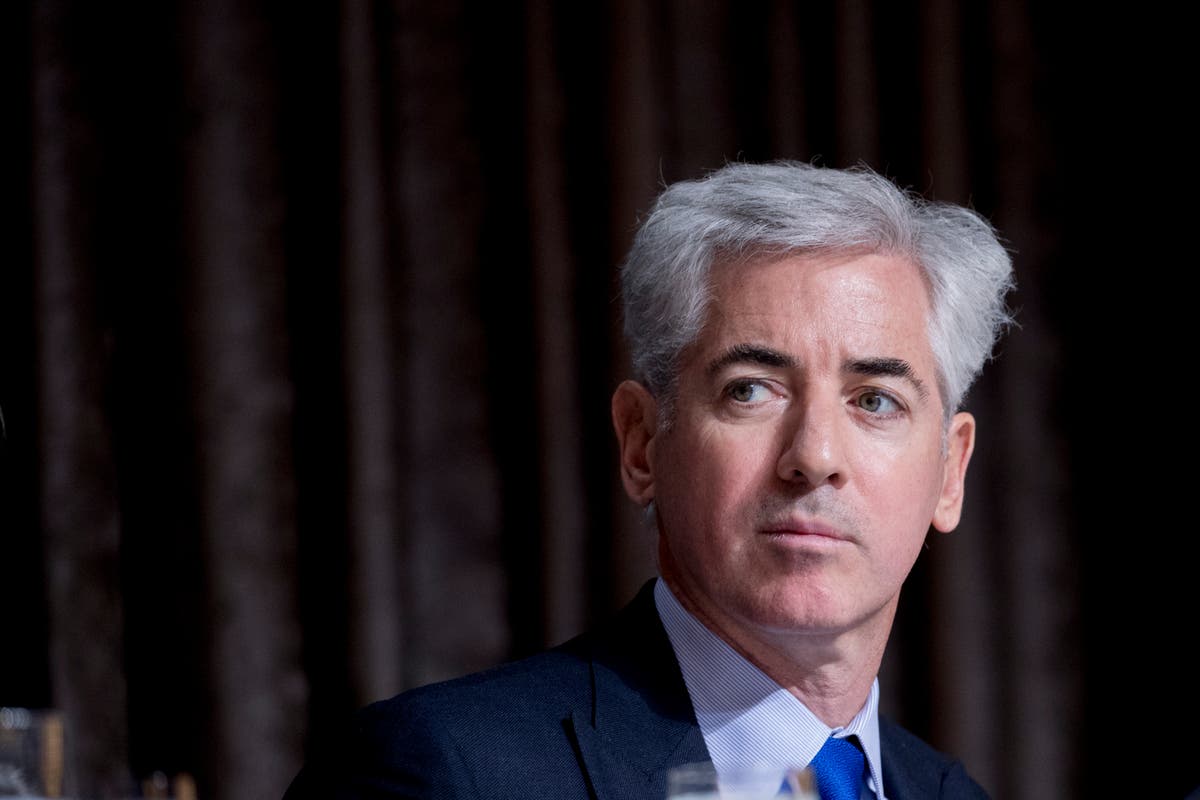In a scathing online essay, billionaire Bill Ackman has directed a fierce critique at Harvard’s diversity, equity, and inclusion (DEI) policy, highlighting it as the alleged “root cause of antisemitism” at the prestigious institution. This essay comes in the wake of Harvard president Claudine Gay’s resignation and a high-profile antisemitism row, adding fuel to the already smoldering fire.
Ackman's Perspective
The 57-year-old hedge fund manager’s 4,000-word missive on X posits a vehement call for an overhaul of Harvard’s board, citing the institution’s DEI policy as racially prejudiced. According to Ackman, the “E for ‘equity’ in DEI is about equality of outcome, not equality of opportunity,” labeling the policy as inherently racist. He asserts that “under DEI, one’s degree of oppression is determined based upon where one resides on a so-called intersectional pyramid of oppression where whites, Jews, and Asians are deemed oppressors.”
DEI Ideology and Its Implications
Ackman alleges that the DEI ideology inherently dismisses the concept of being ‘non-racist’ while branding various aspects of society, such as capitalism, advanced placement exams, and corporations, as racist under this framework. Moreover, he posits that DEI philosophy categorizes outcomes for different races as racist if they deviate from the population proportions.
Critique of Leadership Selection
In his essay, Ackman scrutinizes the selection process of individuals for leadership roles, specifically citing the case of former President Gay. He insinuates that her appointment may have been fueled by factors beyond qualification, highlighting it as a point of concern.
Scandal Surrounding Harvard President Claudine Gay
The controversy deepens as it unravels that Dr. Gay, Harvard’s first Black president, resigned just six months into her tenure. Her presidency was marred by accusations of plagiarism and a tumultuous appearance before
Congress defending the university’s response to antisemitism. Despite around 40 plagiarism accusations, she received a vote of confidence from Harvard’s Corporation, further fueling the public outcry.
Concluding Remarks
In closing his essay, Ackman calls for the resignation of board members who supported Dr. Gay and deems it as the minimum requirement to initiate the process of ameliorating the damage inflicted. The aftermath of these events has undoubtedly stirred an array of emotions and raised pertinent questions regarding leadership, diversity policies, and the resilience of academic institutions like Harvard in the face of intricate societal challenges.
As the fallout from these events continues to unfold, it remains crucial to critically assess the underlying systemic issues at play and endeavor to forge a path that fosters inclusivity, fairness, and accountability within academic institutions.


